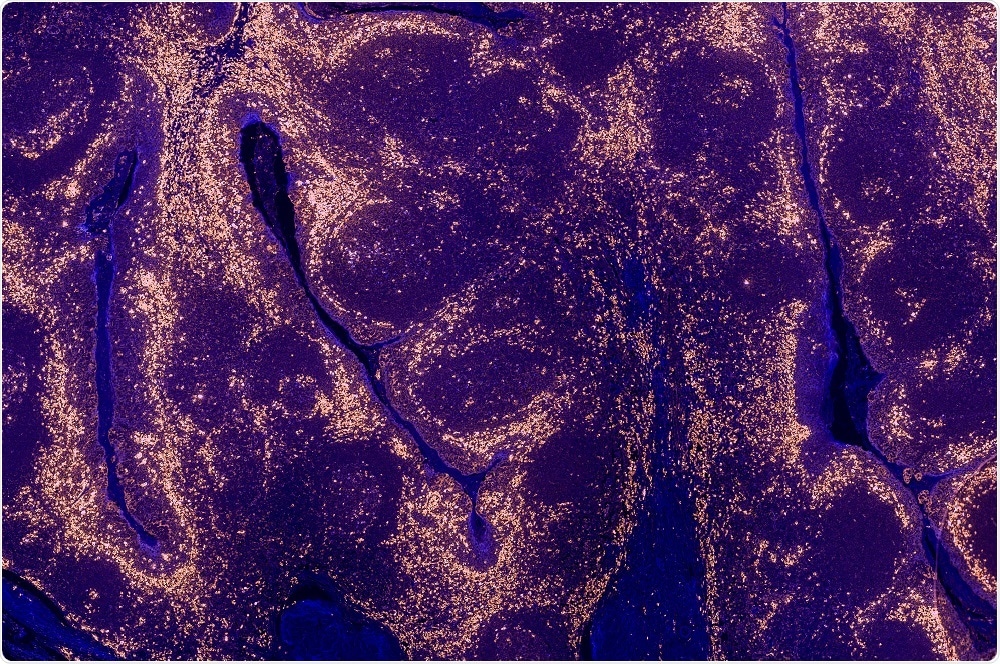Researchers from Columbia University and New York-Presbyterian have created patient-specific bladder cancer organoids that imitate many of the features of real tumors.

Credit: Carl Dupont/Shutterstock.com
The use of these organoids, which are tiny 3-D spheres derived from a patient’s tumor, could help guide the precision treatment of individuals with bladder cancer in the future.
In precision medicine, molecular profiling of a patient’s tumor enables physicians to identify the genetic mutations driving the cancer and select the best drug to combat the disease. However, the analysis cannot always predict how an individual will respond to specific therapies.
The great advantage of organoids is that they are essentially avatars of a patient's tumor. Having these personalized laboratory models, which we can make in a matter of weeks, will let us test multiple different drugs on the tumor and help us bring precision medicine to individuals with bladder cancer."
Professor Michael Shen, Columbia University
As reported in the journal Cell, Shen and colleagues developed organoids from the tumor cells of 22 patients with invasive bladder cancer. The organoids appeared similar to the original tumors and exhibited many of the same molecular and genetic characteristics.
Importantly, genetic changes developed in the organoids over time − a phenomenon referred to as “clonal evolution” that is known to be major driver of tumor progression and drug resistance.
"With these organoids, we will be able to study how bladder tumors evolve and perhaps learn how to prevent tumors from becoming resistant to treatment," says Shen.
Study co-author Professor James McKiernan says the creation of bladder cancer organoids is an important advance in the field: "Ultimately, this may allow us to develop new therapies for the disease and predict an individual patient's response to treatment."
Next, the team plans to test the predictive ability of the organoids in "co-clinical" trials, where patients and their corresponding organoids are treated with the same drug. "This would establish whether organoids can be used to predict how an individual patient will respond to a specific therapy. At present, it's very difficult to know beforehand exactly which drugs may be most effective for a given patient," says Shen.